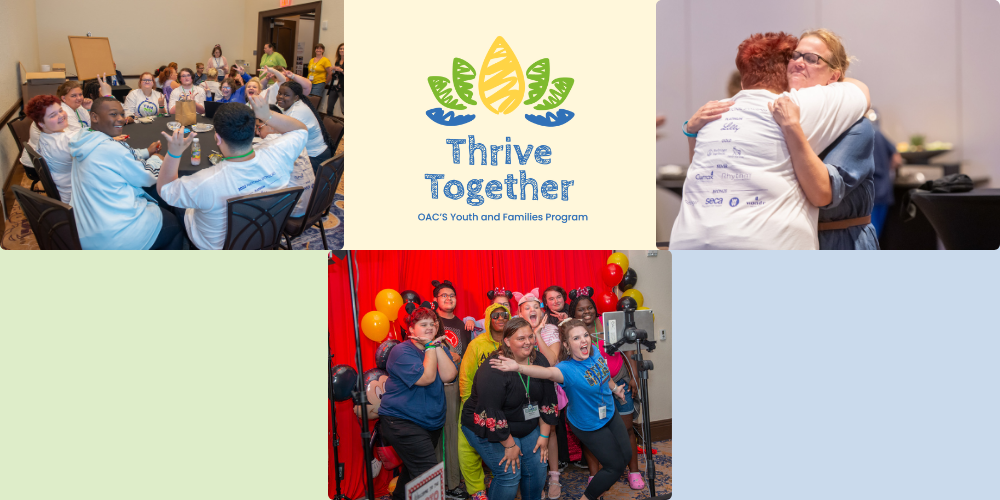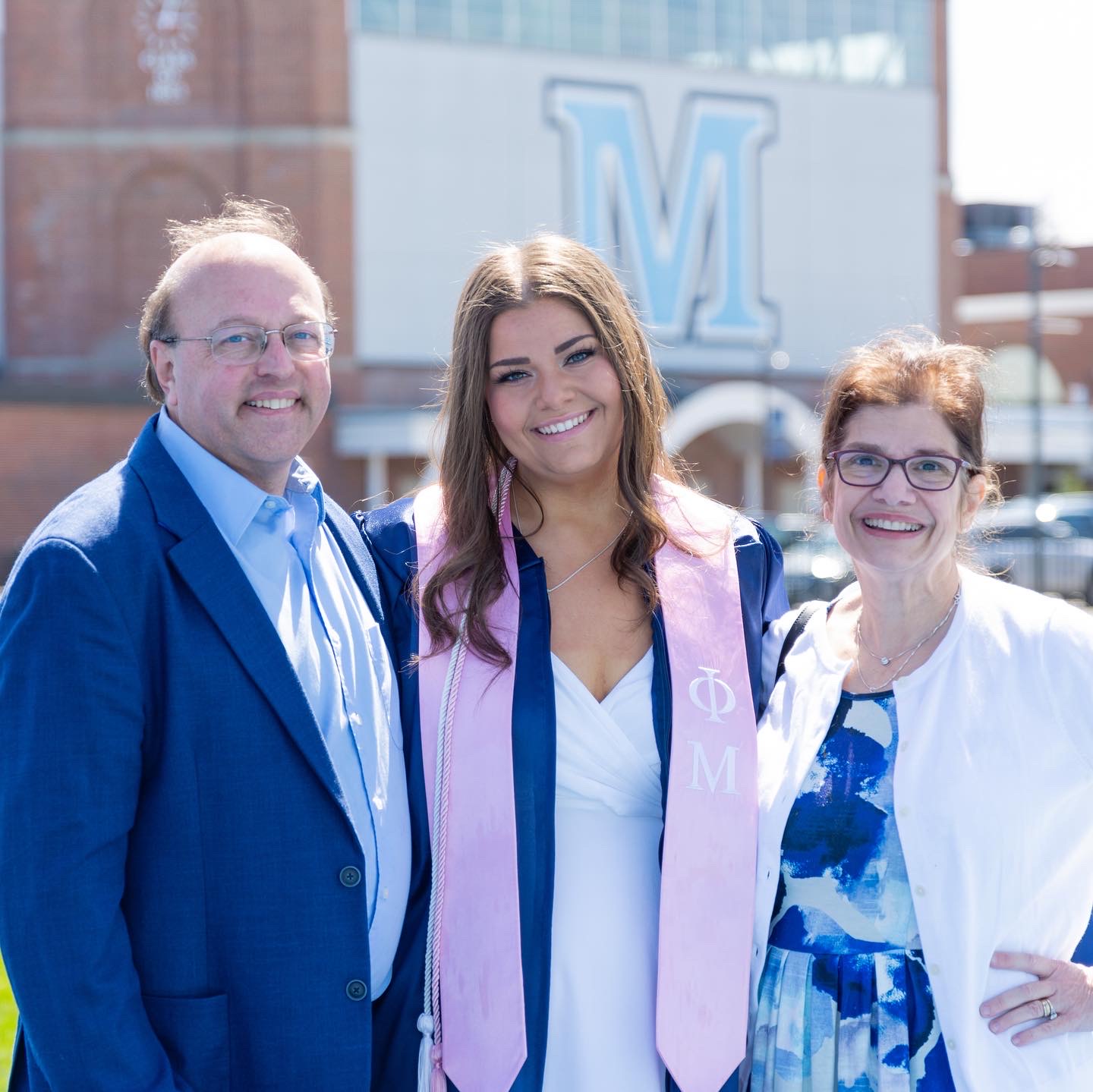 | Family-Focused Insights: Expert Tips for Raising Healthy Kids |
| Paul Davidson, PhD As a mental health professional, but more importantly as a parent, the most valuable thing you can offer your child is unconditional love. It's also essential to empathize with what your child is dealing with without blame, as it isn’t a cause for fault — it’s a biological condition influenced by many environmental factors. Our message to our daughter has always been that she is just as loved and as beautiful at any size. In our household, you are defined by your actions and character, not by appearances. It also became important to try to deflect and defend her from the negativity she received in school, activities and other elements of her world. We did worry about her health, though, and supported any efforts to improve both physical and emotional wellness. Thanks to my work, she was able to see some of the best specialists in our area to get assistance. My wife and I have had our own struggles with weight and she saw that we were making efforts repeatedly to improve our own health, which made a real difference as we regularly modeled positive change. Kids won’t pay attention to what you are saying unless you walk the walk with them. |
|
|
 | Paul, Rachel and Susan Davidson
UMaine College Graduation (2022) |
|
|
|
|
| Susan Davidson, PhD Being a child psychologist did not prepare me for the amount of weight bias we encountered when seeking medical care for our daughter. Almost all clinical illnesses were blamed on her weight and if she just ate less and moved more, all her health issues would go away. The fact that she was very physically active, often ate less than her peers and still put on weight didn’t seem to matter. I felt that part of my job as her mother was to be her advocate and find her medical providers who saw her for who she was, a talented and intelligent teen who would not be gaining weight if it were as simple as eating less and moving more. My daughter understood that there was something wrong with the way her body handled food well before any of her medical providers got onboard with the disease model of obesity. While we waited to find the right team of providers, we continued to encourage her intuitive sense that she was beautiful at any size. Not surprisingly, when we finally found the right people and procedures, she excelled as she was finally given the tools that were needed for weight loss and health improvement. This underscored the necessity of listening to your child to understand what is likely to work for them and recognizing the importance of finding the right match when seeking healthcare providers. |
|
|
| Rachel Davidson Even growing up as a teen living with obesity, I was always confident in who I was. I didn’t let my size define my personality or hold me back from showing up in the world. But that didn’t mean it was easy. People made assumptions, and I faced bias that was frustrating and exhausting. I wish more people understood that you can love yourself and still want to make a change. I didn’t want to change because I hated my body—I wanted to take care of my health because I loved myself. Eventually, that self-love is what led me to seek treatment. I realized I didn’t have to do it alone, and getting support wasn’t a sign of weakness—it was a step toward living the life I deserved. Finding the right treatment gave me tools, guidance, and a sense of direction. It helped me build habits that felt sustainable and empowering. Taking care of your health isn’t about chasing perfection; it’s about choosing yourself, over and over again, because you know you’re worth it. |
|
|
| Keep Learning All Summer Long |
| | Scrolling for Self-Worth Social media shapes how kids see themselves—learn how you can protect their self-worth and help them build a healthy body image in today’s digital world. Learn more › |
|
|
|
|
| |
|
| Balancing ADHD and Weight Managing weight with ADHD comes with challenges—watch Rylan Rosario, MA, CBHC in this OAC Health Talk that offers tips and strategies to help you take control. Watch now on YouTube › |
|
|
|
|
| | | | | | Three Question Survey
Help us shape the future of Thrive Together, OAC’s Youth and Families Program! Take our quick 3-question survey—it only takes a minute, and your input will help us create meaningful resources and support. |
| | |
|
| More Than a Number, Always You are strong, capable and worthy—just as you are. Thrive Together helps kids and families build confidence, embrace their unique journey and support one another every step of the way. Because health isn’t about a single number—it’s about how you feel, grow and thrive. A kind word or daily affirmation can go a long way—share this with someone who needs it today! |
|
|
| |  | Stand with Families. Power Thrive Together. |
| We’re proud to offer fun, accessible health education through Thrive Together—OAC’s program designed just for youth and families. Thrive Together builds confidence, breaks down stigma and empowers families to learn and grow in a supportive, uplifting space. If we want to keep this momentum going, we need your support. Donate to Support Thrive Together
Help us continue offering fun, accessible health education for youth and their families. Make a donation today to help fuel OAC's new Thrive Together program and create lasting change! Not an OAC Community Member? Join Today!
Join for Free: Access Valuable resources, support and a community of people committed to making a difference.
You also have the option to upgrade to Community+ for just $20 in honor of our 20th Anniversary and enjoy exclusive resources, a stronger support network and more! |
| | Help us spread the word so more families can access fun, engaging and educational resources. Share with your friends today! |
|
| Obesity Action Coalition
4511 North Himes Ave., Suite 250 | Tampa, Florida 33614
(800) 717-3117 | [email protected] |
| |
|
| |
|
|